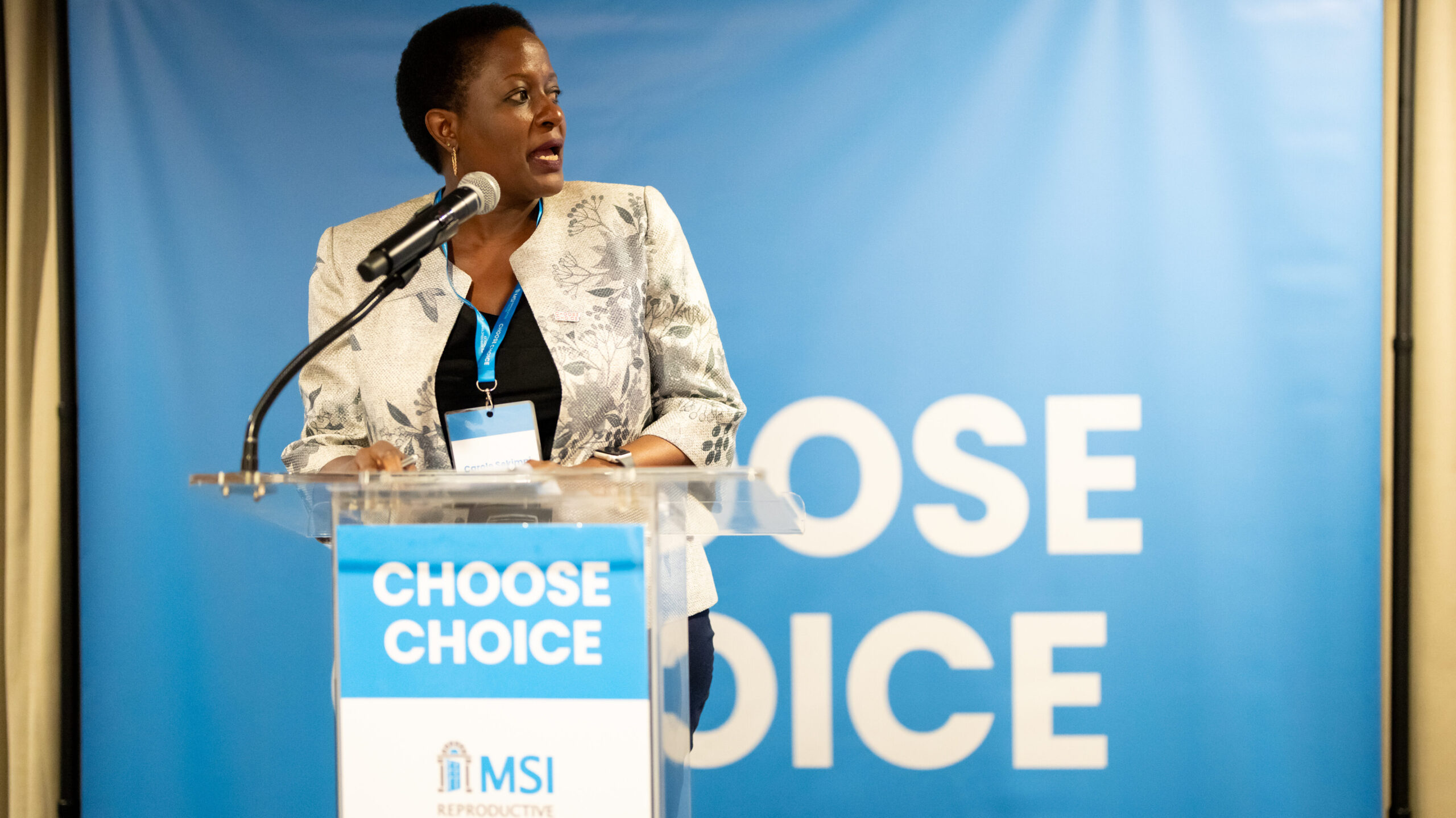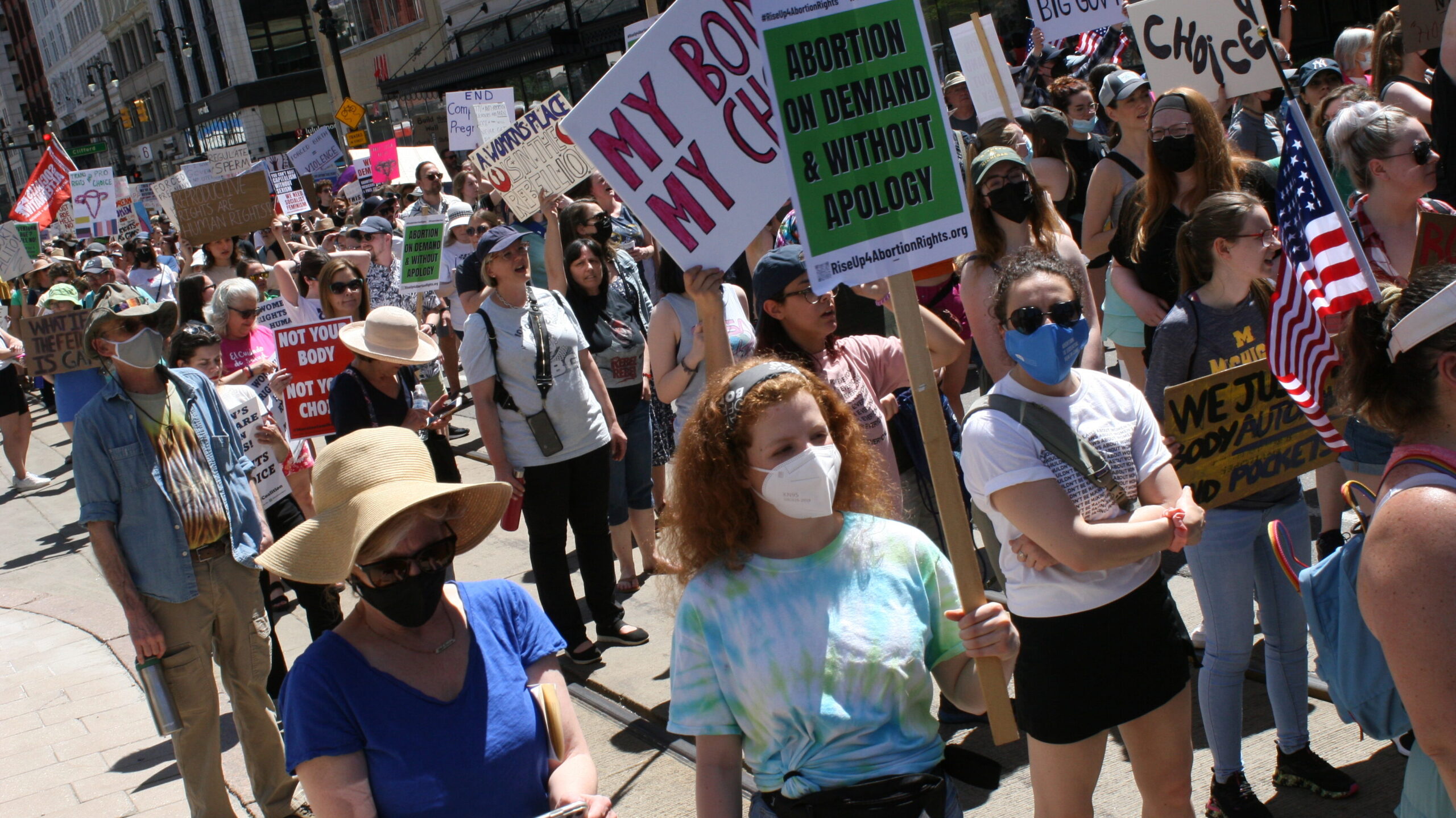Leading reproductive healthcare provider calls on the government to urgently restore the 0.7% and for other donors to show leadership where the UK has stepped back
London – Friday, 14th May 2021: New data from MSI Reproductive Choices (MSI) reveals that unless replacement funding is urgently found, women will face a ‘double hit’ from UK aid cuts, with investment slashed for both frontline health teams and the life-changing contraceptives they provide.
Across Africa, MSI is already having to make the agonising choice about which health teams and clinics to close after funding was cut for the UK’s flagship Women’s Integrated Sexual Health programme ‘WISH’. Over the last two years, the part of the WISH programme managed by MSI has provided reproductive choice to 3.5 million women, saving 22,000 lives. But with no future funding in the pipeline, women will be left with nowhere to turn.
Now, it warns that the brutal 85% cuts to UNFPA Supplies, the UN agency which provides modern contraceptives and life-saving maternal health medicine to the world’s poorest communities, will compound the problems, leading to widespread stockouts and shortages around the world.
MSI estimates that the impact of the cuts to UNFPA Supplies on its services alone, will leave an additional 6.5 million people in the most marginalised, remote communities unable to access the contraceptive methods they so desperately want and need.
Unless MSI can close this funding gap, it estimates it will lead to an extra:
- 7m unintended pregnancies
- 2m unsafe abortions
- 23,500 maternal deaths [i]
Simon Cooke, MSI Reproductive Choices’ CEO, said:
“This double hit to reproductive healthcare will have a devastating impact on women in the world’s poorest countries for years to come. Not only will health clinics and teams be forced to close, but cuts to UNFPA mean that even those teams that survive the cuts will be left empty-handed, with nothing to offer the women and girls who rely on our services. We know from our experience under the Trump administration that if you take contraception away, unintended pregnancy increases and women are left with no option but to resort to unsafe abortion, risking their health and their lives.
“The UK government has expressed support for girls’ education, yet it is taking away a key enabler that helps keep girls in school. In Niger one in two girls will give birth before their 18th birthday, but only one in 100 will finish secondary school. We can’t allow short-term cost savings to undermine a decade of progress on gender equality. Unless others urgently step forward to fill this funding gap, the impact will be catastrophic for a generation of women and girls.”
Investment in reproductive choice needs to be sustained
MSI is facing a £45 million funding gap, as a result of UK aid cuts: an even greater loss than when Trump reinstated and expanded the Mexico City Policy, also known as the Global Gag Rule. And with 115 million people[ii] about to be pushed back into extreme poverty due to the global pandemic, and health systems and providers over-stretched and under-resourced, cuts could not have come at a worse time.
Cooke added:
“Difficult though it is to imagine, these cuts will do more harm to our frontline services than Trump’s Global Gag Rule and we call on the government to urgently restore the 0.7% and for other donors to show leadership where the UK has stepped back. Giving women and girls the power to make reproductive choices is one of the smartest global investments, costing less than 2 pence per day to protect a young woman from an unintended pregnancy, giving her the chance to stay in school, forge a career, or even save her life. There is never a good time to step back from this empowering, lifesaving work, but, with health systems at breaking point from the Covid-19 pandemic, right now is perhaps the worst.”
In countries like Zimbabwe, still facing a funding gap for taking a stand against the Global Gag Rule and seeing a worrying increase in teenage pregnancy as a result of the pandemic, these new cuts will leave sexual reproductive health and rights on even more of a precipice.
Dr Pester Siraha, Country Director for MSI Zimbabwe said:
“Announcements may focus on pounds and programmes, but in Zimbabwe we have seen first-hand the consequences when reproductive choice is restricted: when the Global Gag Rule stripped access to contraception, women’s lives, health, and futures were put at risk.
“Ensuring access to contraception today is more crucial than ever before, with lockdowns during the pandemic leading to an increase in teenage pregnancy. Without access to contraception, a girl entering adolescence here today faces a perilous future, with little agency over the path her life will take. For a fairer future, we must protect access for women and girls.”
In Sierra Leone, one of the countries most heavily reliant on UNFPA Supplies, MSI Reproductive Choices is known locally as “de mammy fo welbodi” or “the mother of health”. The team has been here for women through the civil war, the Ebola epidemic, and now a global pandemic, training and mentoring government health care workers and bringing contraception directly to hard-to-reach areas like Bonthe Island, where women and girls have no-one else to turn to.
Elizabeth Mattia, an MSI team member from Sierra Leone said:
“MSI ceasing operations on Bonthe island is unimaginable. Some people in remote areas would have nowhere else to go to access sexual and reproductive health services, women will be forced to go back to the practice of childbearing year in year out and death rates will rise.”
Voicing her fears for the future, MSI client Elizabeth Katta from Tongo in Sierra Leone added:
“If MSI stops delivering contraception in our communities because of a lack of funds, we will suffer because we will not be able to space our children as we are doing now. We are begging MSI and donors not to stop the good work they are doing. Family planning has and is improving our lives.”
– Ends –
[i] Figures calculated using MSI’s peer-reviewed Impact 2.5 model. Service lifespan estimates based on the following assumptions:
- Service numbers based on 2020 actual performance by country
- 90% of outreach, Public Sector Strengthening, MSI Ladies and Centres receive their contraceptive commodities for free. Social franchising and social marketing not included in the estimates.
[ii] https://www.worldbank.org/en/publication/poverty-and-shared-prosperity
About MSI and UNFPA’s partnership
See a short film showing how UNFPA and MSI work together on YouTube.








